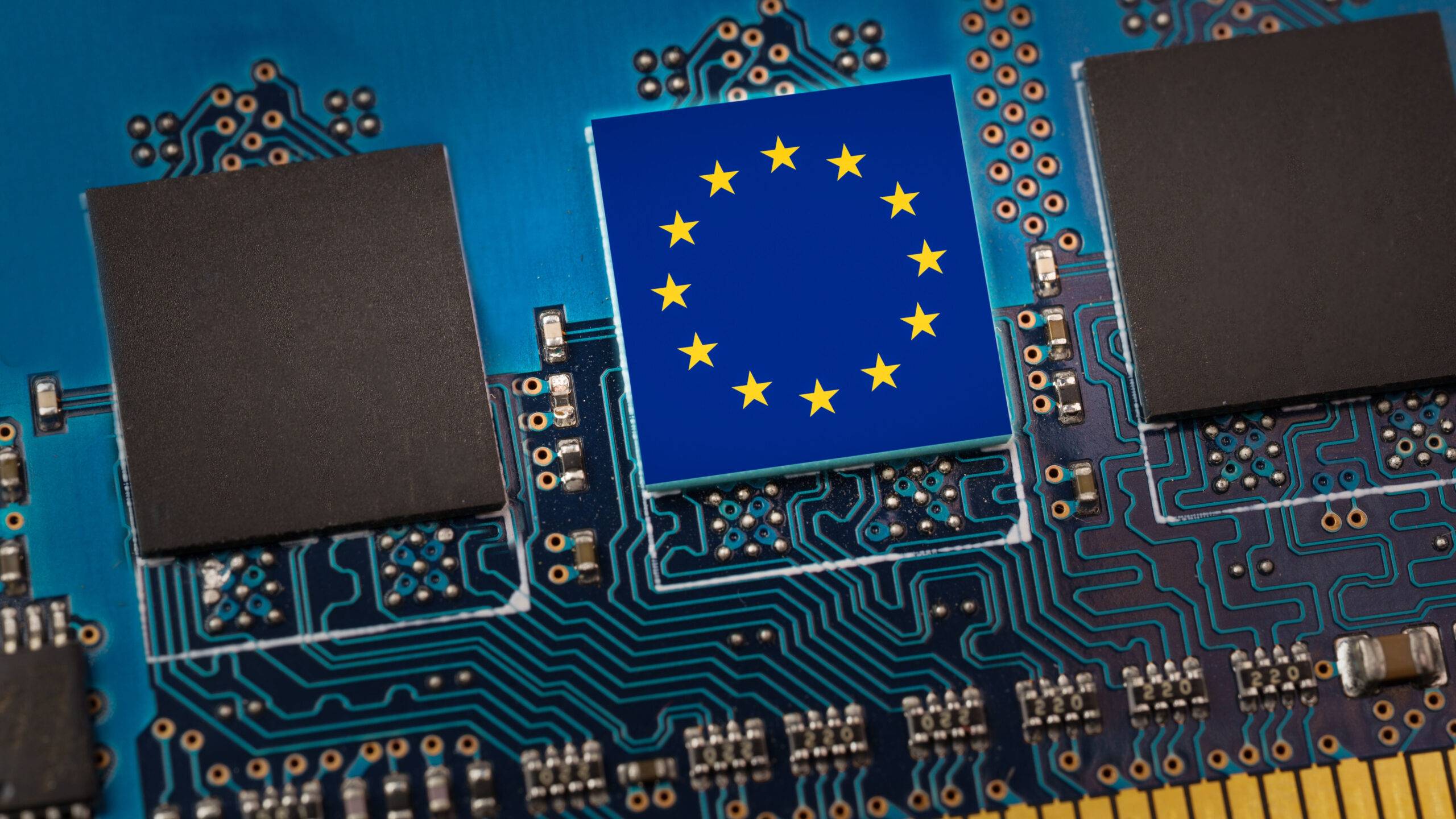AI Act Under Threat from Pointless Copyright Demands

Main takeaways
- EU copyright rules already protect rights holders from unwanted use of content
- Adding new copyright requirements to AI Act will harm European AI developers
- AI Act negotiators should focus on promoting innovation and addressing clear risks
Right before the summer, in June, Members of the European Parliament adopted their position on the landmark Artificial Intelligence (AI) Act, but in doing so they added new copyright requirements to the Commission’s original proposal.
These requirements would oblige AI developers to disclose a summary of all copyrighted material used to train their AI systems. Burdensome and impractical are the right words to describe the proposed rules.
In some cases it would basically come down to providing a summary of half the internet. Hence, it only makes sense that EU Member States adopted a position which recognises that the AI Act is not suited for introducing new copyright-related rules.
Nevertheless, these impractical requirements could soon become reality, simply because EU lawmakers want to reach an agreement before the end of this year at any cost.
Those negotiations between the EU institutions are now in full swing, but some publishers and parts of the creative industry continue to call on European lawmakers to add such requirements, only because they think it would allow them to better monetise content that is used to train AI systems.
And it seems that in order to keep them happy, lawmakers are ready to hastily introduce changes that could end up harming Europe’s entire AI ecosystem. These copyright requirements not only threaten to derail all the progress made on this important regulation so far, they also risk negatively impacting European AI developers.
There’s only one important question we should ask right now: does Europe actually need additional copyright rules in this AI context? The answer is simple and unequivocal: no.
Because the EU already has a very comprehensive copyright framework in place. Rights holders are well aware of this, actively making full use of their rights today. This discussion centres on the pivotal role of data in training AI models, which my previous blog post covers in more detail. Data is crucial to improve AI models’ performance, enhance their accuracy, and mitigate the risk of bias.
After an intricate four-year negotiation process, the EU Copyright Directive was eventually adopted in 2019, just a few years ago. What’s more, these rules only came into force in 2021, so they are almost entirely new. This is why Thierry Breton, European Commissioner for the Internal Market, recently reiterated that Europe’s copyright rules are perfectly suited for the AI age and simply do not need to be reviewed.
The existing European copyright rules are very simple: developers can copy and analyse vast quantities of data from the internet, as long as the data is publicly available and rights holders do not object to this kind of use. So, rights holders already have the power to decide whether AI developers can use their content or not. As acknowledged by Breton, the existing framework strikes the right balance between the different interests at stake here.
Publishers are already making full use of this opt-out right in order to negotiate agreements with AI developers. Recently, a number of major French media – including Radio France, TV channel TF1, newspaper Les Échos, and public broadcaster France Médias Monde – decided to block OpenAI from using their content to train its AI models.
And that is perfectly fine. They are simply making use of the rights granted to them by the EU Copyright Directive in order to negotiate remuneration for the use of copyrighted works. Various publishers have already put such agreements in place in recent months.
In parallel, the AI developers behind ChatGPT rolled out a feature that allows website owners to prevent their content from being crawled by the GPT model, and Google introduced a new tool giving web publishers more control over how and if their content can be used to train AI models.
This only goes to show that rights holders already can prevent others from using their content if they don’t like the terms on which that happens. There is no need for additional rules as part of the AI Act whatsoever.
Instead of adding unnecessary complexity, European lawmakers should focus on reducing red tape for AI developers and users to a minimum. Moreover, the existing copyright rules should be effectively enforced by regulators in the first place, rather than allowing the creative sector to rewrite those rules whenever it sees fit.
The AI Act is a unique opportunity for the EU to define clear rules that could serve as a model for the world. The focus should be on promoting innovation and addressing clear risks, not on creating sector-specific carve outs that are just not needed.








